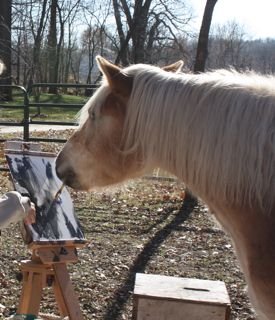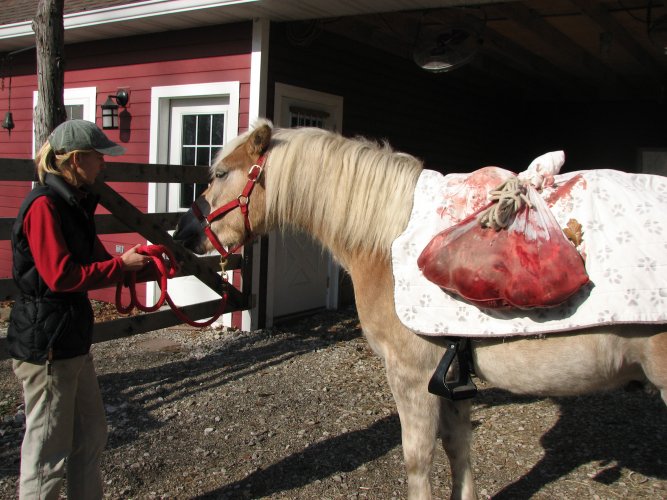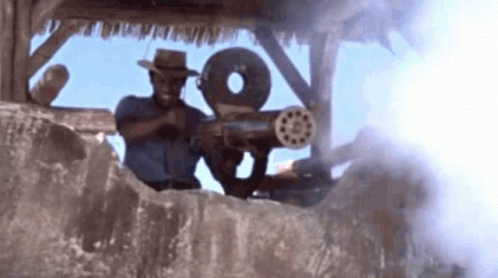RobertD
Well-known member
Outdoor Life article by Natalie Krebs published 1/28/22 on the upcoming wild horse gather, set to be the largest in history.

 www.outdoorlife.com
www.outdoorlife.com
Worth reading just to see where the numbers stand and who's filing lawsuits. It's really something. BLM will seemingly be sued for doing literally anything other than nothing at all about these horses.
April, as always we will welcome any thoughts or comments you have on the issue.

BLM Begins Largest Wild Horse and Burro Gather in History, Offers $1,000 Incentive to Adopt One
The Bureau of Land Management plans to gather some 22,000 wild horses, many of them for adoption, which will come with a $1,000 incentive.
 www.outdoorlife.com
www.outdoorlife.com
Worth reading just to see where the numbers stand and who's filing lawsuits. It's really something. BLM will seemingly be sued for doing literally anything other than nothing at all about these horses.
April, as always we will welcome any thoughts or comments you have on the issue.









